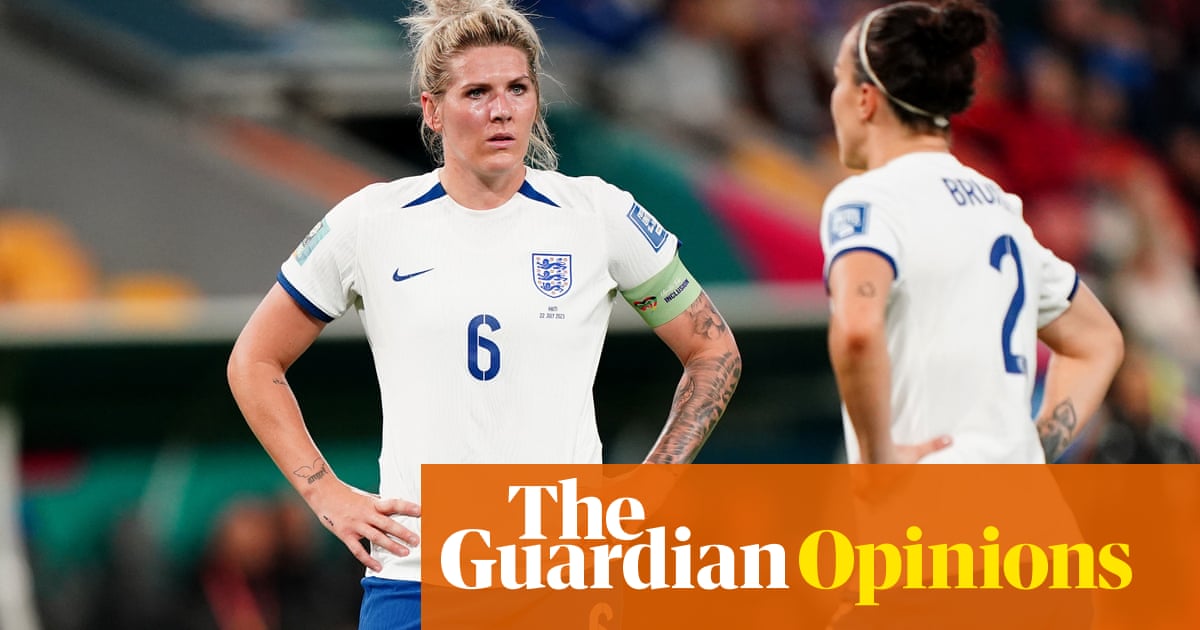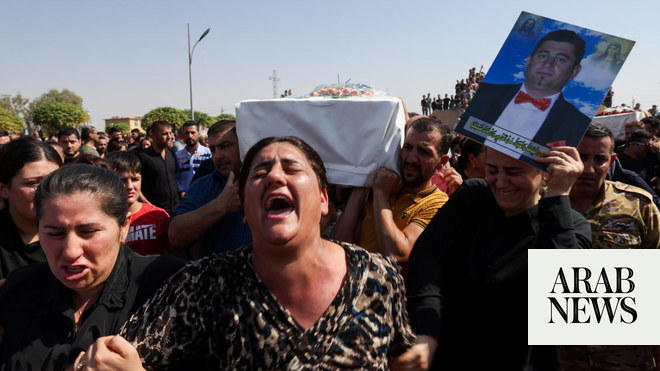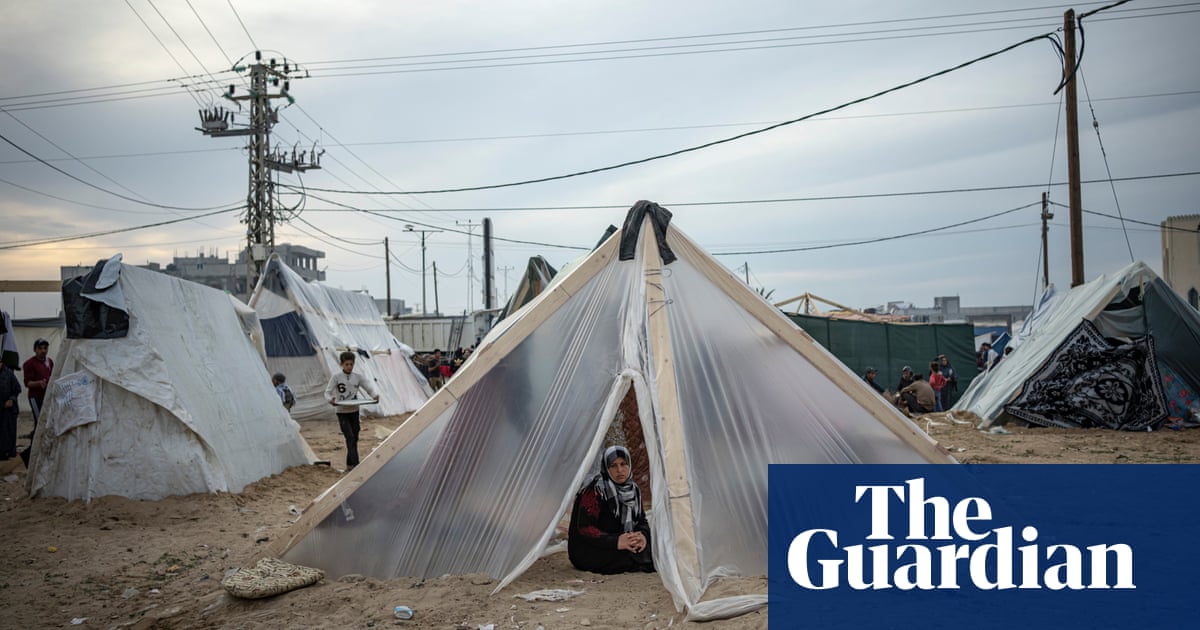
“We must learn to live with Covid in the same way we have to live with flu,” Sajid Javid told the nation this week. For most people, the parallel with flu is now valid: vaccinations and acquired immunity have defanged Covid to the point that there is no longer much risk of becoming severely unwell.
However, the pandemic’s finishing line has not yet come clearly into focus for a sizeable minority in society. In England, 3.7 million people fall in the clinically extremely vulnerable (CEV) category, including those with blood cancers, an organ transplant, kidney disease and other conditions linked to immunosuppression.
“It feels to me that lying behind the [lifting of restrictions] is the idea that probably everyone’s going to get it and everyone will be all right,” said Gemma Peters, the chief executive of Blood Cancer UK. “In our community, that isn’t true. If more people get it, more people will die.”
Starting from a far higher level of risk, those with suppressed immune systems also get less protection from vaccines and are accounting for an increasing proportion of ICU admissions and deaths. Yet many feel like a “forgotten minority”, according to Maggie Wearmouth, a GP and member of the government’s Joint Committee on Vaccination and Immunisation (JCVI).
“It’s fairly mind-blowing,” Wearmouth said. “They are an important and hugely vulnerable group that have been forgotten. I feel quite angry on their behalf.”
According to Wearmouth, this is not simply a case of these people being fundamentally frailer and more susceptible to all illness – although this will be true for some. Many of those with slow-growing blood cancers, for instance, would outwardly appear healthy and have lived essentially normal lives pre-Covid. Some felt no need to disclose their condition to friends, or even their children, before the pandemic.
The emergence of a new virus changed things for this group because it required building up immunity from scratch at a point in life when the immune system was compromised either through illnesses or treatments.
Early vaccine data for blood cancer patients – of whom there are 250,000 in the UK – found little or no antibody response to the first dose of vaccine. More recent data, published this week in the Lancet, showed that for dialysis patients, even after two doses of the Oxford/AstraZeneca jab and one dose of Pfizer/BioNTech, more than half did not have detectable levels of antibodies against the Omicron variant.
This is not to say that vaccinations “don’t work” for these groups, but that immunity needs to be built up over repeated doses and may never be as robust.
Michelle Willicombe, a nephrologist and senior clinical lecturer at Imperial College Healthcare NHS trust, said: “Covid infection still remains a real threat to immunosuppressed patients in particular within the clinically extremely vulnerable groups. Not all immunosuppressed patients have mounted immune response to vaccinations, even after four doses.”
“Life for them can’t carry on as normal,” she added.
Despite the lower efficacy of vaccines in vulnerable groups, the roll-out of third doses before the Omicron wave struck was slow, meaning that many are yet to have a fourth dose, which they would now be eligible for if things had moved quicker in the autumn. According to UK Health Security Agency (UKHSA) data, 84% of those in the extremely vulnerable category have had a third or booster dose, but the figure is expected to be far lower for fourth doses (UKHSA did not have available data).
“I’ve got a real worry about this,” said Peters. “Probably half the calls to our support line are people who are struggling to get their fourth dose.”
There is a viable pathway to a more normal life, despite it being a longer and more difficult one, according to Peters. Newly available antiviral drugs, including Pfizer’s Paxlovid and Merck’s molnupiravir, significantly reduce the chances of hospitalisation and death if taken during the first few days of illness and are now available to those in the vulnerable category.
Some countries, although not the UK, are using monoclonal antibodies as prevention against infection in immunosuppressed people who have not mounted an immune response to vaccines. Some argue they should be made available in the UK, particularly if new immunity-evading variants emerge. There is also a concern over whether free lateral flow tests will remain available to those in the vulnerable group so that they can continue to ask family and friends to test before meeting up.
“If we had all of that in place it would give people a roadmap to a world where it becomes endemic and they can still see their friends,” said Peters.












